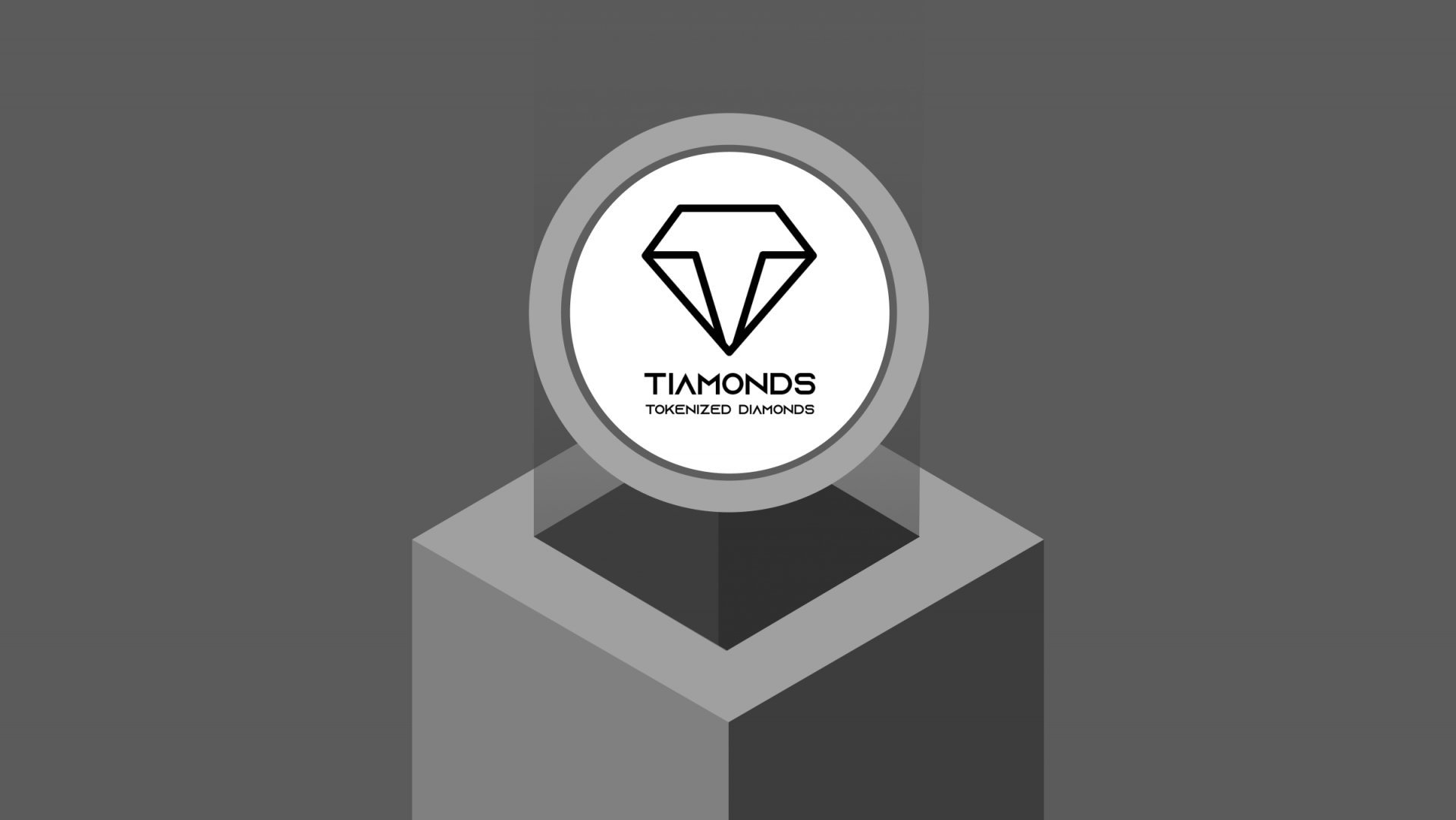
Trắng da hiệu quả bằng công thức tắm với lá tía tô
Causes. A TIA has the same origins as that of an ischemic stroke, the most common type of stroke. In an ischemic stroke, a clot blocks the blood supply to part of the brain. In a TIA, unlike a stroke, the blockage is brief, and there is no permanent damage.. The underlying cause of a TIA often is a buildup of cholesterol-containing fatty deposits called plaques (atherosclerosis) in an artery.

Tia Bhatia Age, Wiki, Bio, Photos
A transient ischemic attack (TIA) is a stroke that lasts only a few minutes. It happens when the blood supply to part of the brain is briefly blocked. Symptoms of a TIA are like other stroke symptoms, but do not last as long. They happen suddenly, and include: Numbness or weakness, especially on one side of the body.

TEA/TÍA O TEIA Titánide de la vista, diosa que dotaba al oro, la plata y las gemas de su brillo
1. INTRODUCTION. Each year, ≈795 000 individuals in the United States experience a stroke, of which 87% (690 000) are ischemic and 185 000 are recurrent. 1 Approximately 240 000 individuals experience a transient ischemic attack (TIA) each year. 2 The risk of recurrent stroke or TIA is high but can be mitigated with appropriate secondary stroke prevention.

Tía y sobrino camisas a juego tía y sobrino mejores amigos Etsy
BE-FAST when recognizing a stroke or TIA. The ASA coined the mnemonic FAST to help people recognize stroke symptoms. The first three letters, which stand for F ace drooping, A rm weakness, and S peech difficulties) account for about 75% of the symptoms people experience during a stroke. (The T stands for T ime to call 911.)

Guión Pegajoso Generosidad poemas de amor para tias En Solo haz habilidad
Patients who have had a TIA have a risk of stroke estimated at 24% to 29% in the first 5 years after the event. 4 The risk is higher in the first month and highest in patients with hemispheric TIA and carotid stenosis ≥70% luminal reduction (40% rate of stroke in 2 years). 5 In contrast, patients of any age with isolated TMB and younger.

Tia
Survival rate ~ 91% (to hospital discharge) 67.2% (five years) [1] A transient ischemic attack ( TIA ), commonly known as a mini-stroke, is a minor stroke whose noticeable symptoms usually end in less than an hour. TIA causes the same symptoms associated with strokes, such as weakness or numbness on one side of the body, sudden dimming or loss.

Frases De Amor Para Tias Tosma
Population data have demonstrated an overall reduction in both TIA incidence and TIA admission rates over time. 7,8 These findings have been attributed to improved vascular risk reduction and stroke care, 8 changing trends in hospital admissions, and implementation of ED TIA protocols emphasizing short-term follow-up in dedicated TIA clinics. 9.

Tortillas de Harina Tortillinas Tía Rosa Clásicas 310g Justo.mx
A transient ischemic attack (TIA) is a medical emergency. It is defined as a transient episode of neurologic dysfunction due to the focal brain, spinal cord, or retinal ischemia, without acute infarction or tissue injury. The definition of a TIA has moved from time-based to tissue-based. A TIA typically lasts less than an hour, more often minutes. TIA can be considered as a serious warning for.

Tia Booth
TIA Treatment. There are many ways to lower your risk of a stroke after a TIA. Your doctor will decide which is a best for you, based on your TIA type, cause, location, how serious it was, and.

Maestra Anita 🍎 adlı kullanıcının Familia e identidad personal panosundaki Pin Anaokulu
A transient ischemic attack (TIA) is a stroke that lasts only a few minutes. It occurs when the blood supply to part of the brain is briefly interrupted. TIA symptoms, which usually occur suddenly, are similar to those of stroke but do not last as long. Most symptoms of a TIA disappear within an hour, although they may persist for up to 24.

Tía Tô Sushiway
A transient ischemic attack (TIA) is focal brain ischemia that causes sudden, transient neurologic deficits and is not accompanied by permanent brain infarction (eg, negative results on diffusion-weighted MRI). Diagnosis is clinical. Carotid endarterectomy or stenting, antiplatelet medications, and anticoagulants decrease risk of stroke after.

Se celebra el Día de la Tía Cadena Nueve Diario Digital
Transient Ischemic Attack (TIA) A transient ischemic attack, or TIA, is a temporary blockage of blood flow to the brain. The clot usually dissolves on its own or gets dislodged, and the symptoms usually last less than five minutes. While a TIA doesn't cause permanent damage, it's a "warning stroke" signaling a possible full-blown stroke.

HÚT MẬT TÍA Ô Chim Cảnh A Lầu
TIAs differ from ischemic strokes because TIAs do not seem to cause permanent brain damage. That is, TIA symptoms resolve completely and quickly, and few or no brain cells die—at least not enough to cause any changes that can be detected by brain imaging or a neurologic examination Neurologic Examination When a neurologic disorder is suspected, doctors usually evaluate all of the body.
AMLnZu8Q_P5dmRXGeWtXq1F1q29F_qk2fKNuIAY1dbpQ=s900ckc0x00ffffffnorj
making dietary changes, such as reducing your intake of saturated fats and trans fats, increasing your fiber intake, and eating more fruits and vegetables. exercising for at least 30 minutes most.

Tiamonds has been listed on P2B Crypto news 2022 cryptocurrency exchange P2B
ABSTRACT. Purpose of Review: This article reviews the diagnosis, investigation, and recommended management after a transient ischemic attack (TIA) and discusses how to make an accurate diagnosis, including the diagnosis of mimics of TIAs. Recent Findings: Up to a 10% risk of recurrent stroke exists after a TIA, and up to 80% of this risk is.

TÍA Y TIO ROMPECABEZAS Juegos Gratis Online en Puzzle Factory
In contrast, conditions that mimic a TIA tend to create multiple or more widespread neurological effects, including fainting and generalized tingling in the arms and legs. Because it can be difficult to distinguish problems resulting from reduced blood flow versus other brain disruptions, don't ignore the incident or attempt self-diagnosis.